The views expressed in our content reflect individual perspectives and do not represent the authoritative views of the Baha'i Faith.
Global citizenship can only truly become a reality, of course, when we have a functioning system of global governance. How could that happen?
How do we achieve world citizenship, open borders, global representative governance, free movement around the world, and the wholesale reduction in war, poverty and oppression that such freedoms offer?
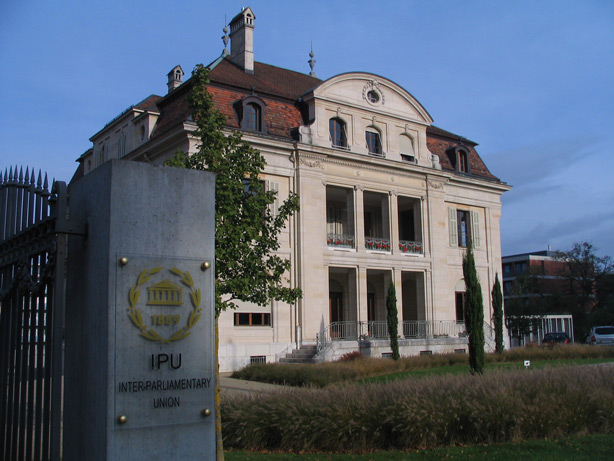
IPU Building in Geneva
Actually, we have several useful blueprints. The oldest supranational organization, the Inter Parliamentary Union (IPU), still exists—it was formed in 1889—and now represents the parliaments of 163 countries. Subsequently, the League of Nations (1920) and the United Nations (1945) gave us early indicators of the potential stumbling blocks to world unification, in some ways also serving as learning tools, allowing us to study the pros and cons of their structural successes and failures.
Today the United Nations, with its primarily advisory role and its severely limited powers as an international body, does not structurally function as a true union of nations, or have any sort of democratically-elected, representative legislative body. But since the formation of the U.N., we have successfully established several supranational alliances in various parts of the world, including the European Union (EU), the Association of South East Asian Nations (ASEAN), and the African Union (AU).
However, only one truly democratic, elected global governing body exists today—the Universal House of Justice, the institution that governs and directs the world’s Baha’is.
The Baha’i teachings call for a similar, democratically-elected world parliament for all of humanity:
…there must needs be established the parliament of man or court of last appeals for international questions. The members of this arbitral court of justice will be representatives of all the nations. In each nation the members must be ratified by the government and the king or ruler, and this international parliament will be under the protection of the world of humanity. In it all international difficulties will be settled. – Abdu’l-Baha, Star of the West, Volume 3, p. 6.
The process for establishing a global parliament, the Baha’i writings say, should be gradual, peaceful and deliberative. It must represent all peoples; have the power to stop war, regulate international trade, migration and commerce; and govern and protect the planet’s environment. Here, Abdu’l-Baha expresses the unfolding of the process using the metaphor of lighting a series of candles:
In cycles gone by, though harmony was established, yet, owing to the absence of means, the unity of all mankind could not have been achieved. Continents remained widely divided, nay even among the peoples of one and the same continent association and interchange of thought were well-nigh impossible. Consequently intercourse, understanding and unity amongst all the peoples and kindreds of the earth were unattainable. In this day, however, means of communication have multiplied, and the five continents of the earth have virtually merged into one. And for everyone it is now easy to travel to any land, to associate and exchange views with its peoples, and to become familiar, through publications, with the conditions, the religious beliefs and the thoughts of all men. In like manner all the members of the human family, whether peoples or governments, cities or villages, have become increasingly interdependent. For none is self-sufficiency any longer possible, inasmuch as political ties unite all peoples and nations, and the bonds of trade and industry, of agriculture and education, are being strengthened every day. Hence the unity of all mankind can in this day be achieved. Verily this is none other but one of the wonders of this wondrous age…
Behold how its light is now dawning upon the world’s darkened horizon. The first candle is unity in the political realm, the early glimmerings of which can now be discerned. The second candle is unity of thought in world undertakings, the consummation of which will erelong be witnessed. The third candle is unity in freedom which will surely come to pass. The fourth candle is unity in religion which is the corner-stone of the foundation itself, and which, by the power of God, will be revealed in all its splendour. The fifth candle is the unity of nations — a unity which in this century will be securely established, causing all the peoples of the world to regard themselves as citizens of one common fatherland. The sixth candle is unity of races, making of all that dwell on earth peoples and kindreds of one race. The seventh candle is unity of language, i.e., the choice of a universal tongue in which all peoples will be instructed and converse. Each and every one of these will inevitably come to pass, inasmuch as the power of the Kingdom of God will aid and assist in their realization. – Abdu’l-Baha, Selections from the Writings of Abdu’l-Baha, pp. 31-32.
We don’t know, from reading this, whether Abdu’l-Baha suggests that all of these “candles” would eventually be lit in the sequence he lists them. Certainly some of these now seem like very tall orders—especially the unity of race and religion. So he may not have meant this as a systematic list, but rather as a cumulative one, standing for the lights of unity that gradually and ultimately create one great illumination across the entire world.
Regardless of the order of their achievement, though, these seven candles of unity represent the great hopes of the citizens of the world. Baha’is all over the planet hope you’ll join us in trying to light those candles.


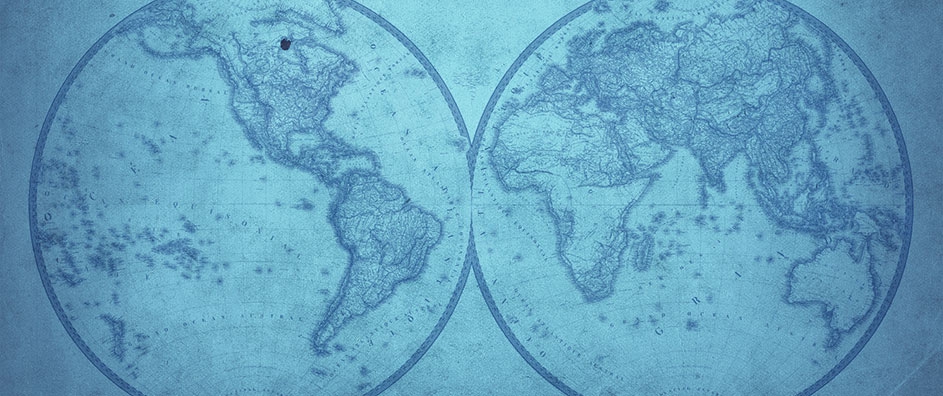







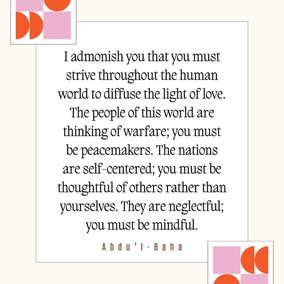
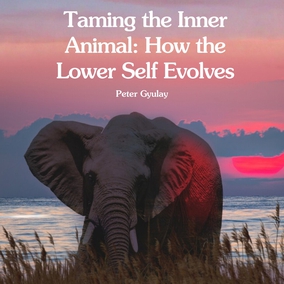
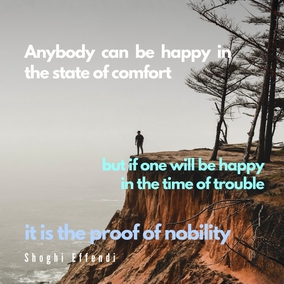
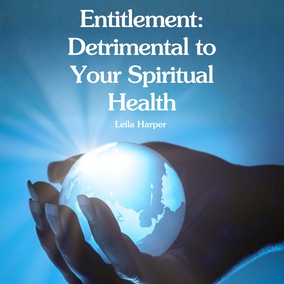
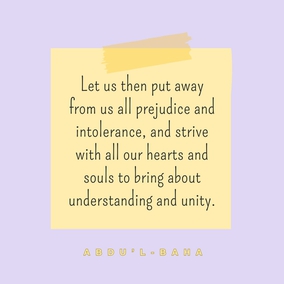

Comments
Sign in or create an account
Continue with Googleor